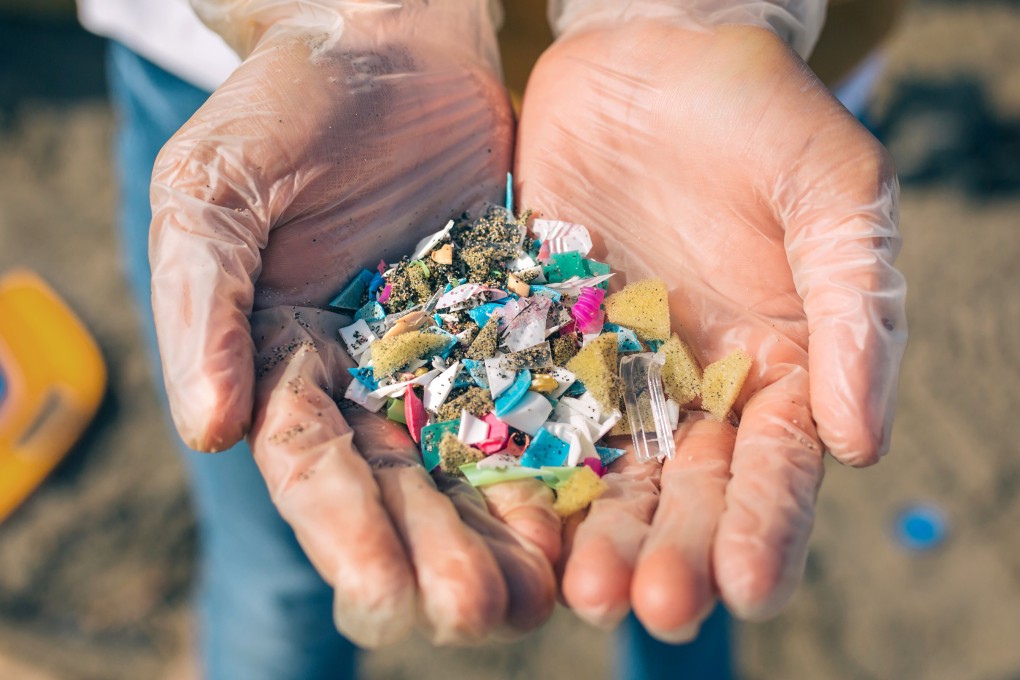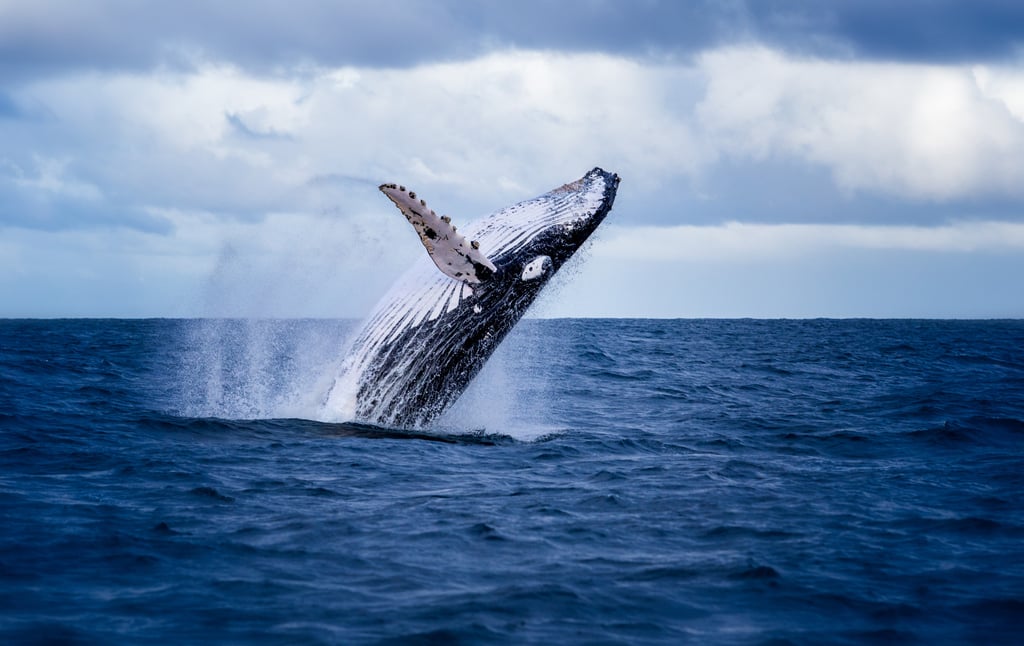Editorial | Microplastics menace requires big Hong Kong solution
- City can play its part in reducing global number of particles, particularly from washing clothes, that are causing untold damage to the environment

The damage to the environment caused by plastics is a global problem requiring urgent attention. Hundreds of millions of tonnes are produced every year.
Much of it is quickly discarded and can stay in the environment for centuries. Research on microplastics, particles smaller than 5mm, is relatively new.
These fragments have been found on the seabed, mountain tops and even in human blood. A study by City University revealed as many as 26.8 billion pieces of plastic a day may be discharged at Hong Kong sewage plants.
Up to 3.2 billion pieces a day enter the sea through storm drains.

The figures sound alarming, but the Environmental Protection Department released a statement saying they are far below those generally considered an ecological risk. The CityU study said levels found at sewage facilities were well below the global average and those at storm drains lower than in studies elsewhere.
But there is no room for complacency. The researchers warned of the threat posed to marine life.
